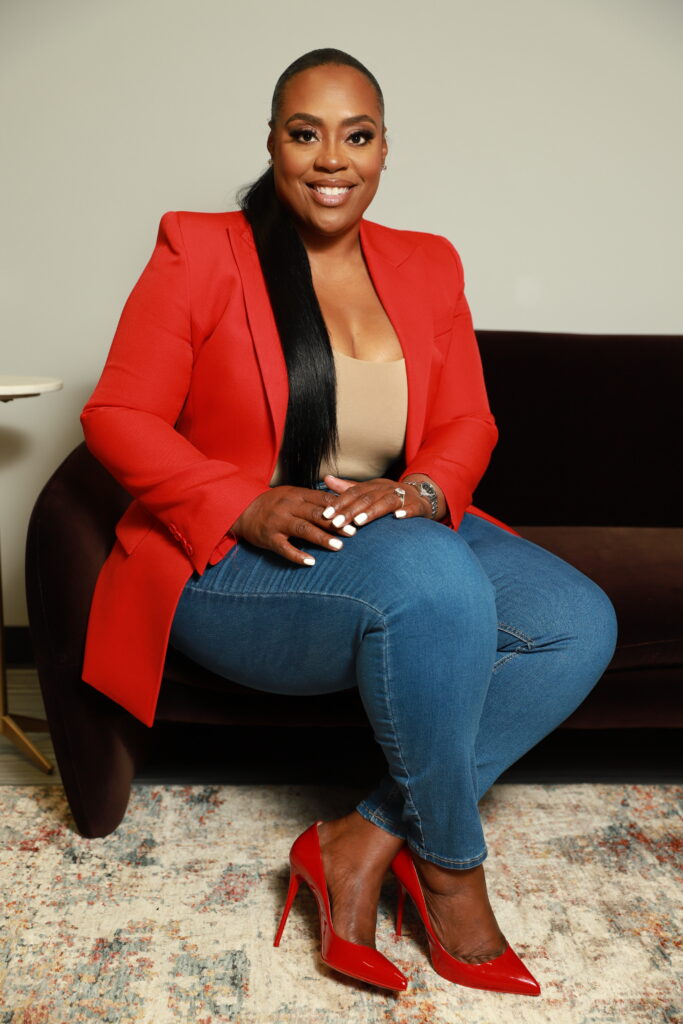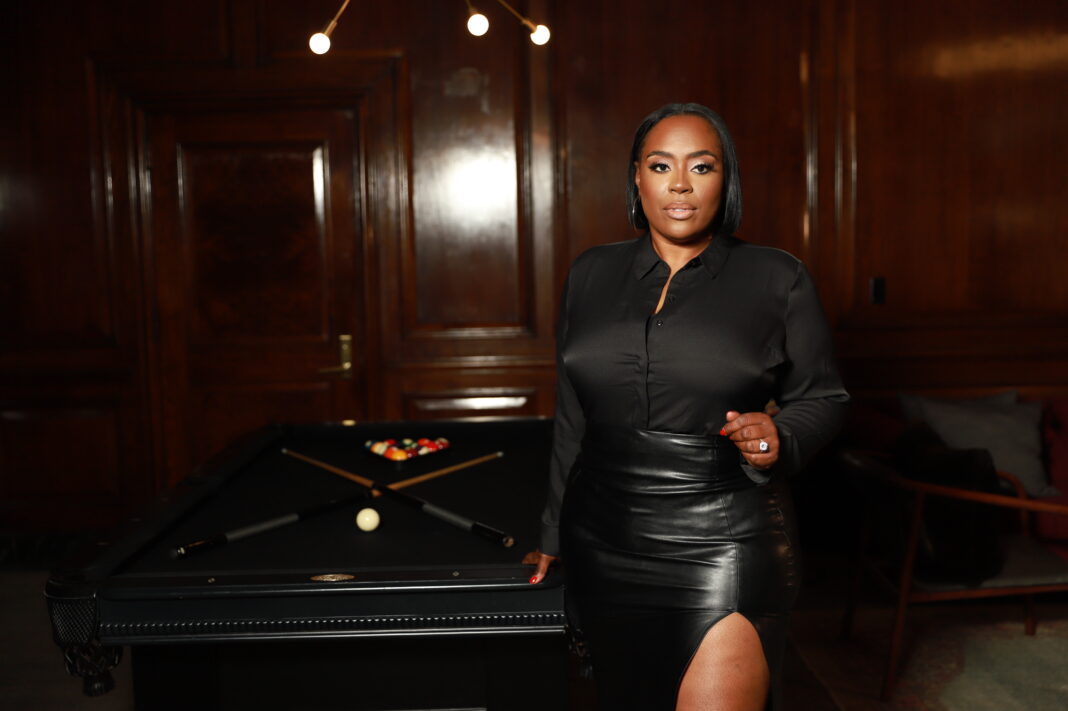These days, it has become increasingly common for us to hear of people starting their business online. This is especially true since the lockdowns imposed due to the pandemic have forced us all to work and study from home. More and more people are becoming aware of one simple fact: technology works.
But forget about online businesses for a second. What about people starting new businesses in general?
The US Business Formation Statistics reported that in the summer of 2021, over 448,000 business applications were filed. This immense surge of people starting their new businesses can be partly credited to the fact that so many people lost their jobs after the pandemic hit. The economy took a hard hit; people began to feel the sting.
But today, the entrepreneurial vision thrives.
The only issue with these new businesses is that for new entrepreneurs – and even the old-timers – is that business owners now face the risk of competing in a saturated market.
What Does Saturation in Business Mean for Entrepreneurs?

A saturated market basically means that there’s no new demand for a particular product or service. For instance, if a person wants to set up a chocolate store in a small town where there are five existing chocolate stores, there’s a chance not many people are going to be very intrigued.
In some ways, starting a business in a saturated market isn’t a terrible thing. The increased competition will stimulate business owners to up their game in terms of creativity and innovation. And there’s an almost 100% chance that prospective customers will have already heard of the product being sold.
But the tides have been changing recently. More entrepreneurs are recognizing the benefits of getting into niche markets. In essence, more businesses are catering to more specific subsets of an industry. They’re appealing to a target consumer that hasn’t yet caught the eye of other businesses.
Take, for example, the first dating website ever created: Match.com. Someone looked at the dating industry and thought, “Nobody’s appealing to those who want to find romantic matches online.” And then they went ahead to cater to that target audience.
Erik Huberman, founder and creator of Hawke Media, said in his article: “The surest way to find a successful niche is to fulfill a need that no one else does.”
One doesn’t need to focus too much on eliminating competitors if there aren’t any competitors in the first place. And in terms of making one’s mark in the business world, why not make one of the first marks?
Appealing to a More Personal Audience

Another perk of starting one’s business in a niche or unsaturated market is that entrepreneurs are able to appeal more directly to their target audience. After all, a neglected consumer group produces high demand.
It’s easy for a brand in, say, the beauty industry to get swept up amidst all the competition. After all, sales in this industry have been predicted by Common Thread Collective to amount to $511 billion in 2021. But when one appeals to a consumer group in this industry that isn’t regularly catered to, there’s a high chance of gaining loyal customers there.
Take, for example, Ebony Swank, founder, and owner of the fashion brand Swank a Posh. She markets her fashion line based on her steadfast value: to sell “products that women would love and use time and time again.”
Swank a Posh emphasizes on making clothes that aren’t only fashionable, but also comfortable. And, perhaps more pertinently, Ebony Swank believes in making sure her fashion line suits women of all sizes. Image is important for any company. And amidst the rise of social awareness, it’s important for a brand’s image to appeal to its target audience. Consumers want to care about what they buy.
For instance, companies selling eco-friendly products in the renewable energy niche have a high chance of appealing to environmentalists. People naturally want to support brands that reflect their own values. That’s why niche industries that involve things like renewable energy or organic food products are quickly gaining popularity these days.
“For so long, most companies marketed to ‘thin’ consumers using slim models and influencers,” Ebony Swank said. “[We] broke the barrier by marketing to the everyday girl, regardless of her size. We love [collaborating with influencers of different sizes] because not only is it more relatable, but it’s also real and it shows it’s okay to be who you are confident.”
Projecting Authentic Values to Attract Consumer Loyalty
Swank a Posh could be scaled to the size it has now become because of what it stands for. It’s a black woman-owned business that authentically markets its core value: inclusion.
Here, we can see that when a company – quite like Ebony Swank’s brand – targets specific consumers, it’s easy to make its potential consumers feel heard. Of course, this is made possible through the right type of marketing.
Unsaturated or neglected target consumers are where the untapped potential thrives.
So, if you’re an entrepreneur, why not consider reaching out to those whose needs beg to be seen? It doesn’t just meet the needs of others; it takes in a whole lot of profit, too. And, who knows? Maybe your brand will reach more people than you’ve anticipated.









